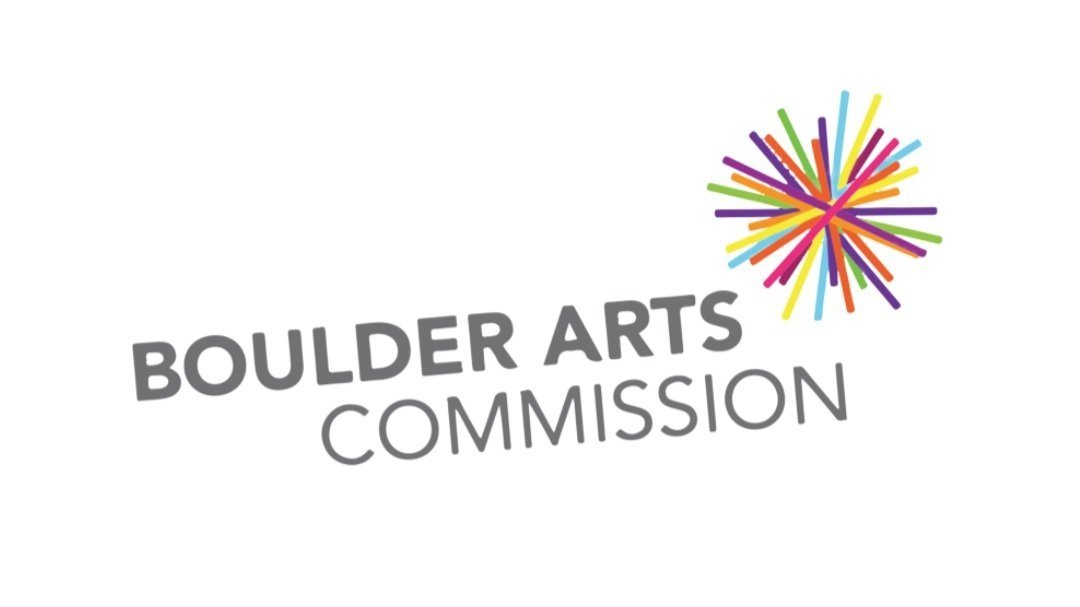Dear Lab Director,
Welcome to Local Lab, Local Theater Company’s (LTC) new play development program. We look forward to supporting you and your work throughout this process. Below, you will find some FAQs.
1. What is LTC?
LTC’s mission is to discover, develop, and produce new American plays. LTC is headquartered in Boulder, Colorado, and produces in Colorado and across the United States.
2. What is Local Lab?
Local Lab is LTC’s new play development program that provides playwrights with the resources to conduct weeklong workshops that culminate into public staged readings, followed by moderated postshow discussions. Now in its 12th year, Local Lab has supported the development of 42 works to date.
3. How is the workshop and reading schedule determined?
Prior to the workshop, directors share their availability and conflicts, and the stage management/producer will coordinate schedules for the workshop. The reading date and time are set by Local’s artistic staff and will be shared with directors prior to the workshop.
4. What is the responsibility of the director prior to the workshop?
Directors will meet with the LTC artistic staff, playwright, and dramaturg (if applicable) to discuss the creative objectives for the weeklong workshop and casting. Often, directors will conduct additional creative conversations with the playwright prior to the workshop, but this is up to the director’s discretion.
5. What is the director’s responsibility vis a vis casting?
LTC utilizes a three-tier casting process: straight to offer, meeting requested, and audition requested. After a director has been placed under contract, LTC will send them a spreadsheet that contains character names, descriptions, and potential performers. In most cases, LTC recommends hiring local performers. However, some roles may require that we cast from out of town. Directors may present their own options, as well. After reviewing the potential cast list, the LTC artistic staff and the director will meet to discuss the options and best next steps (the tiers listed above). The LTC casting and production departments contact all performers, arrange auditions, and make formal offers.
6. How does LTC define “staged reading”?
Every workshop culminates with a public staged reading of the work. Directors may choose how to best present the work, based on the needs of the play and the rehearsal time allotted. Some directors choose to have the actors perform the entire work from behind music stands. Others will lightly block the entire play, or selected scenes. Directors have used costume pieces and props to help tell the story. Importantly, actors should not be expected to be off book and directors are not expected to create a fully realized production. The staged reading is an opportunity to share the work, either entirely or selected scenes, with the audience in order to begin the artist–audience conversation.
7. What are the responsibilities of the director during the weeklong workshop?
The director is responsible for giving vision and guidance so that each performer can breathe life into their roles, allowing the playwright to hear/see/discover what is written.
The director is responsible for deciding what will best bring the play alive: movement, stillness, concert reading, blocking, etc.
The director is responsible for working with the playwright to give actors an understanding of how script changes will work (i.e., how often they will be given new scenes and to bring calm or excitement about changes rather than fear or dread). New work is different than working on an established play. The director helps prepare actors for this.
The director is responsible for asking questions (along with the dramaturg) to ensure the play’s logic or narrative structure holds.
The director is a sounding board for the playwright as inspiration and clarity reveal themselves during the weeklong process
A note regarding the first rehearsal: LTC values diversity of thought and safety for all in the rehearsal process. To this end, we conduct a full staff and ensemble meeting for the first 30 minutes of the first rehearsal for company introductions, to read our land acknowledgment, and to present our nondiscrimination policy and Conflict Resolution Path (CRP). The ensemble will also select AEA and non-AEA representatives at this meeting.
8. What about script changes?
Playwrights participating in Local Lab are encouraged to develop their work. Therefore, script changes are likely. The stage manager and playwright will communicate prior to the first rehearsal to establish a protocol for delivering script changes to the team. The director is not responsible for printing and distributing updated scripts.
9. Whom do I contact during the week of Local Lab if I’m experiencing challenges?
Directors should contact either or both Betty Hart & Nick Chase, co-directors, Local Lab 11. Both are happy to help with any concern. You are free to email or text, whichever works best for you. Additionally, on the first day of rehearsal, Local’s producer, Misha S. Zimmerman, will present the CRP that you may follow.
10. Will there be a dramaturg in the room?
LTC artistic staff strongly recommend incorporating a dramaturg in the process. Local artistic staff will pair the playwright with an appropriate dramaturg; directors may make recommendations if the dramaturg has not already been hired. Although there will be a dramaturg involved in the process, directors are encouraged to ask probing creative questions throughout the process. However, their primary responsibility is to develop a staged reading that allows the playwright to see their work.
11. What is the primary responsibility of the director during the public presentation and postshow conversation?
The role of the director during the public presentation is to discover what the audience brings to the work. Are particular segments unexpectedly funny, poignant, or not landing? Note those so you can share these learnings with the artistic team and the playwright. The same is true during the postshow conversation. The director should be listening and noting insights shared by the audience to help deepen the understanding of the work.
12. Who reads stage directions and how is that handled?
Similar to the casting process, Local Theater Company will provide names of individuals who may read stage directions during the public presentation. It is your responsibility to determine how many rehearsals you would like them to attend rehearsals prior to the presentation.


















